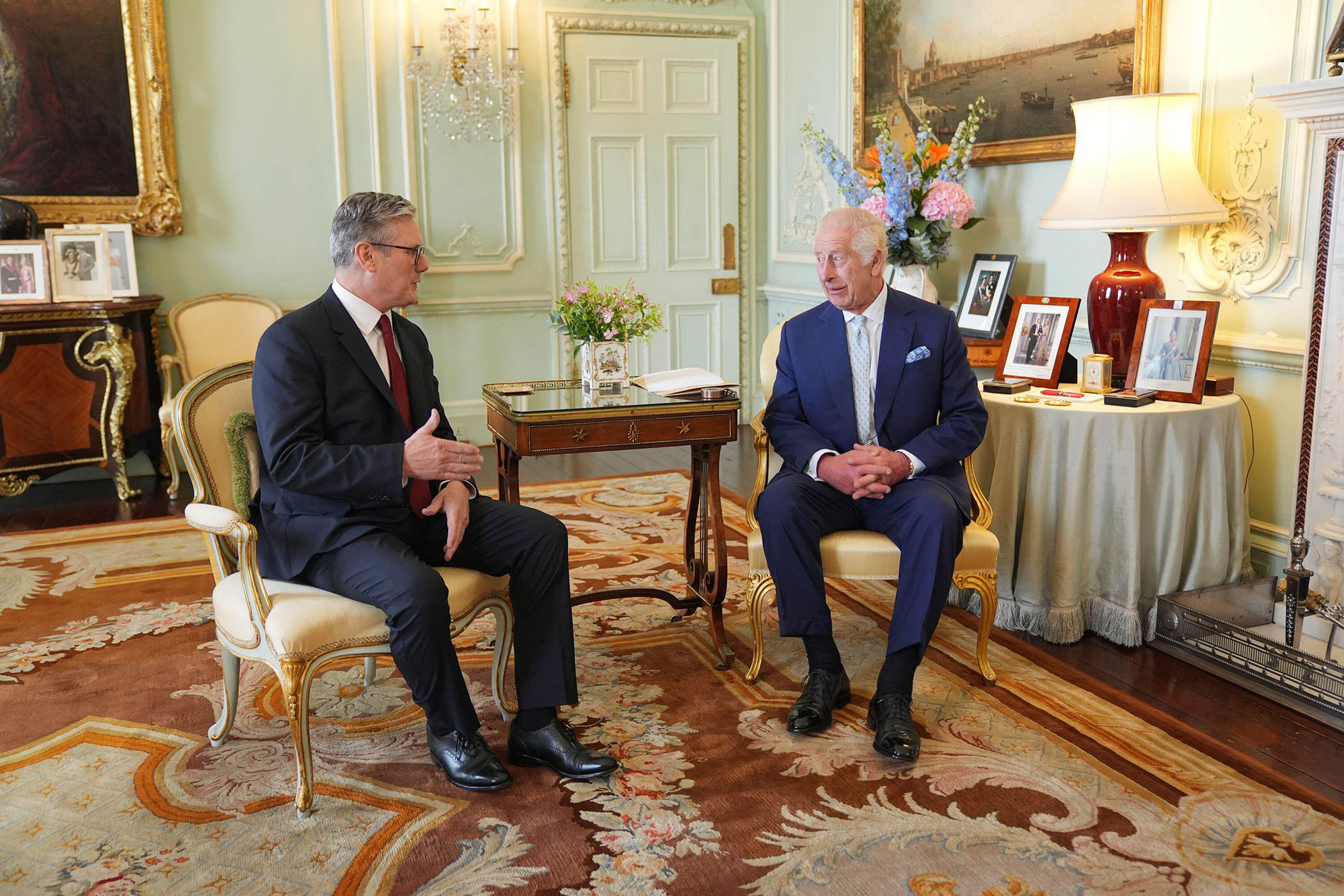Reform’s current supporters have swung elections for a decade. They drove Brexit and the 2019 Conservative landslide. Enough of them voted Labour to propel them to victory. On current numbers they will put Reform into government.
It is years to the next election, but the effects are already visible. Reform defines the political and policy agenda, and in a couple of weeks companies that would have run a mile from a Reform activist are (sensibly) going to attend their party conference.
I’m sure Reform will enjoy this immensely. But in their shoes, I would be asking myself: if I win power, how do I stop voters from turning on me as swiftly as they did on the Conservatives and Labour?
This is a plausible outcome. Most Reform voters – and, by now much of the country – are anti-political. They are deeply cynical and quite radical.
They are cynical because they have voted for change multiple times and feel deliberately let down every time. They think politicians are untrustworthy and in it for themselves. Of course, the public have been contemptuous of politicians for a long time, but the sentiment is growing, and it is strongest among those who have moved to Reform.
They are radical because they believe the UK needs fundamental system change. They do not want stability and competence. They want – on immigration and crime, but also on the NHS and the cost of living – transformation. Of the overall voters for Labour in the last election, most believe that the UK needs stability over radical change. Reform voters, and the people who have peeled away from Labour since, believe the opposite.
For now, it is Labour suffering: cynicism and radicalism help oppositions and hurt governments. But it would not take much for a new Farage regime to be as crushingly disappointing as Theresa May, Boris Johnson and Keir Starmer. Voters would move on once more – and a new insurgent will be waiting in the wings.
What can governments – and those preparing for it – do?
This isn’t fixed by “telling a better story”. Cynical voters are – in significant measure – right. Politicians have consistently made promises that have not been delivered. Sunak promised to stop the boats, Starmer to smash the gangs. I see little progress. Do you?
Regardless of careful wordsmithing in manifestos, both the Conservatives and Labour in their last winning elections gave the deliberate impression that they wouldn’t put up tax. They did. We are waiting for energy bills to come down £300. All political parties, including Reform, continue to make promises they have no idea if they can deliver. What story, exactly, would change this view?
Newsletters
Choose the newsletters you want to receive
View more
For information about how The Observer protects your data, read our Privacy Policy
You may think asylum hotels aren’t a problem, but you cannot deny their existence
You may think asylum hotels aren’t a problem, but you cannot deny their existence
Cynical voters are reacting to real-world phenomena. You may think that asylum hotels aren’t a problem, but you cannot deny their existence. You may think that low-level crime – shoplifting, phone snatching – does not matter when violent crime has declined, but people notice, and they don’t like it.
But most importantly, if you’re dealing with a group of people who think politicians are inveterate liars who have tricked them in serial elections, why would communicating with them more help?
But nor am I fatalistic. Too many believe that the electorate will not and cannot understand complex arguments, accept trade-offs or wait long enough for deep structural change – the kind that takes several parliaments – to occur, and we are therefore in a doom loop.
I am unconvinced of this. I can’t think of any politicians who have tried complex arguments or offered trade-offs in recent years. So why are we so convinced that it would fail?
I think you can persuade the public to wait for deep structural change – but only if they think you are demonstrably competent in the first place. Prove you can do something about potholes and they might listen when you promise to solve regional inequality. But fail to solve the most visible problems – which, right now, are unquestionably asylum seekers in local hotels – and nothing else matters. There is evidence for this. Our research for the Independent Commission on Neighbourhoods found that only those who felt their local area had visibly improved over the last decade were sticking with the current government.
This remains my prosaic advice to both governments and oppositions. Pick some things you can solve, and fast, and you might be able to regain trust and turn antipolitics around. I cannot promise it is a sufficient condition, but I can promise it is a necessary one.
Photograph by Martin Pope/SOPA, Getty


